By Dr. Padmavathi Narasimhan
Sangeeta Shivkumar sang on the 7th day of the music series held at Bhagini Seva Samaja, Mysuru.
Vitthala Rangan accompanied her on violin, Ananta Krishnan on mridanga and Sunad Anoor on khanjira.
Trained under Charumati Ramachandran, senior disciple of MLV and also under her husband T.M. Krishna, Sangeeta‘s music is marked by classicism and clarity. Her present concert was centred on Kritis on Rama and many compositions of Mysore vaggeyakaras — for example, the starting number, a daru varna ‘Mate Malayadhwaja’ in Kamas by Muttiah Bhagavatar rendered energetically, ‘Bhajana Seya raada‘ in Dharmavati by Mysore Vasudevacharya, ‘Jaya Jaya Jaya Janaki Kanta’ by Purandara Dasaru, suffixed with short swaras to the pallavi and the very popular ‘Bhajare Manasa Shree Raghuveeram’ in Abheri (Mysore Vasudevacharya)sung by almost all the outside musicians in the series, in addition to a couple of compositions of Tyagaraja.
There was a brief obstruction during the concert due to rain causing the audience to run for shelter to the corridors of the school building, but the artiste took it well and continued to perform. The raga essay of Dharmavati stood out for its classical flavour. Vitthala Rangan was his usual best. ‘Bhajana Seya Raada’ emerged with a detailed neraval at ‘Niravadhi Sukha Dayaka’, supported aptly by Anoor ji. ‘Vachamagocharame manasa’, a filler in Kaikavashi by Tyagaraja was perhaps the wrong choice soon after Dharmavati as the swaras had too much in common. (only ‘d’ was different).
Madhyamavati was the centre of attraction. The raga was rendered beautifully, in which the skill of the vocalist was evident. The alapana was outstanding in which she brought out the known and rare features of the raga to the fore. Vitthala’s take of the raga matched the excellence of the vocalist. Taniyavartanam by Anoor ji and his nephew Sunad was riveting and delightful.
The artiste could have structured the concert to begin the main item by 7.30 latest instead of 8.30 as the concert could close only at 10 pm by which time the number of the audience was almost reduced to nil. The post-tani part of the concert included the well-known devaranama ‘Baro Krishniah’ by Kanakadasaru and a tillana.



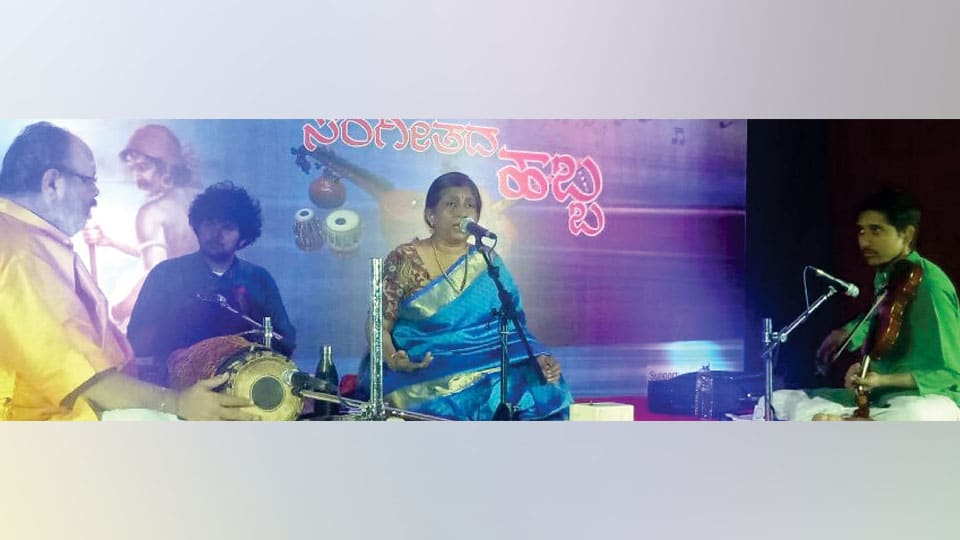
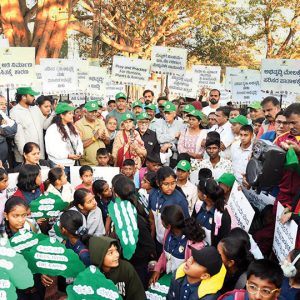
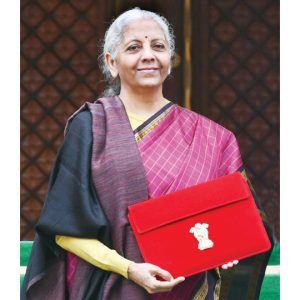
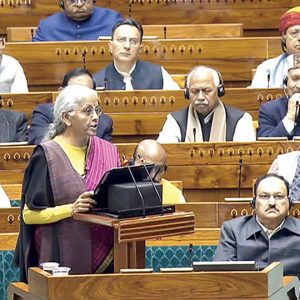
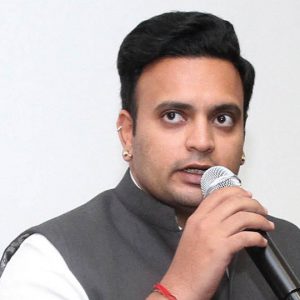
Recent Comments